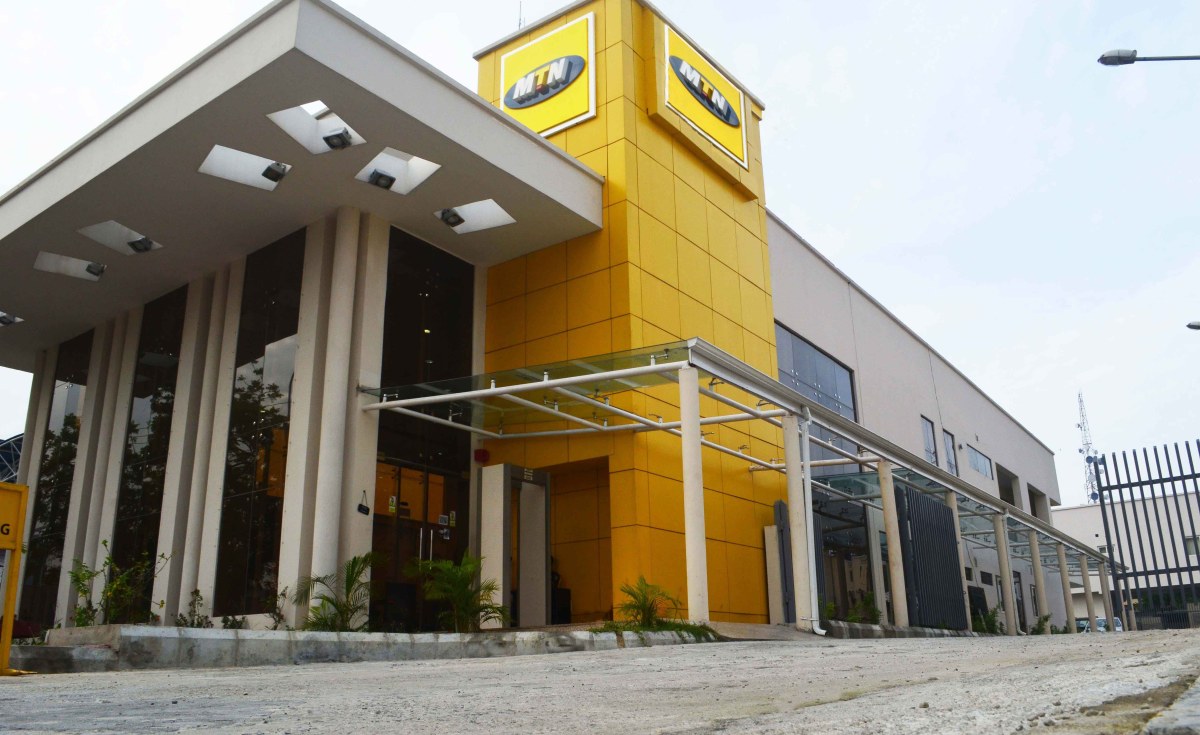An expert at the London School of Economics and Australian National University has presented four ways governments can ensure technology boosts development, which TheNewsGuru, after strong consideration, is of the opinion that the Nigerian government should adapt to boost development in the country.
Dr George Barker and a team of other experts, in ICT-centric economic growth, innovation and job-creation, documented current thinking about how information and communication technologies (ICTs) can contribute to realization of the UN’s Sustainable Development Goals (SDGs).
In a short synopsis published by the International Telecommunications Union (ITU), George asserts that government policy affecting ICTs can have a major effect on achieving the SDGs, and that there are four key areas where governments need to establish legal, regulatory, budgetary, and policy frameworks to ensure that ICTs make an optimal contribution to sustainable development.
1. Measure and monitor progress
The first area relates to outcome measurement, policy review and target setting. Four of the SDGs are outcome-related, and highlight important drivers of the well-being of individuals’ over time including: poverty reduction (SDG 1), gender balance (SDG 5), inequality reduction (SDG 10) and economic growth (SDG 8).
Governments need to accurately measure progress achieved against these outcome SDGs over time, better investigate the causes for this progress, set targets for improvement, and monitor the effectiveness of policy. ICTs and so-called “big data” have a major role to play in this.
2. Use ICTs to enhance government performance
The second broad area relates to the organization of Government itself. ICTs can play a central role within Government itself in particular to ensure two of the most critical or foundational SDGs are achieved, namely: “peace, and justice for all” (SDG 16), as well as peaceful and mutually productive “global partnerships” (SDG 17).
E-government is the term given to the use of ICTs in facilitating better government performance. Governments need to embrace innovation and utilize ICTs to deliver effective services and engage people in decision-making processes so as to establish lasting foundations for peace and justice for all.
The 2016 United Nations E-Government Survey highlighted a positive global trend towards higher levels of e-government. ICTs can also help in UN SDG 17 that seeks to “strengthen the means of implementation and revitalize the global partnership for sustainable development”. This is because ICTs are a means for information sharing and communication between countries. A key challenge in this area, however, is ensuring states cooperate to address cyber-security threats including cyber-war.
3. Adopt enabling policies for ICT markets
The third broad area relates to government policy directly affecting ICT markets. There are two broad subsets of related ICT markets here: i) ICT infrastructure markets, and ii) ICT applications and content markets. Together these ICT markets can make a significant contribution to two key SDGs: SDG 9 which aims to “build resilient infrastructure, promote inclusive and sustainable industrialization and foster innovation”; and SDG 12 which aims to “ensure sustainable consumption and production patterns”.
On the role of Government in ICT infrastructure markets, attention focuses on the scope for considerable improvements in relation to state ownership of key telecommunications network assets, and in the extent and quality of spectrum licensing, competition law, access regulation and universal service obligations (USO). In ICT applications and content markets the focus is on the government’s role in intellectual-property rights (IPR), privacy law, and platform regulation generally.
For example, governments who own the state telecommunications network need to provide credible commitments to convince potential domestic or foreign ICT-market entrants that neither government policy nor the regulatory environment will expose them to excessive regulatory risk or uncertainty. At the same time, governments should avoid abusing its control of assets.
4. Adopt enabling policies for non-ICT markets
The fourth and last broad area is Government policy in relation to non-ICT markets that nevertheless indirectly affect ICT adoption, investment and utilization.
There are three main categories of relevant non-ICT markets highlighted by the remaining UN’s SDGs, where Government policies currently impose barriers to securing a greater ICT contribution to sustainable development:
- Markets that meet basic needs, including markets for: food (SDG 2), water (SDG 6), energy (SDG 7) and the services of cities and settlements (SDG 11).
- Markets for human services: including health (SDG 3) and education (SDG 4);
- Markets for environmental goods and services that are currently either missing, or need to be significantly improved: including climate (SDG13), oceans and seas (SDG 14) and terrestrial ecosystems (SDG 15)
Government policy on these non-ICT markets are having major and largely unforeseen effects in limiting the benefits of ICT. In non-ICT markets policies designed for the pre-Internet era appear to be preventing the development of smart agriculture and smart food markets, smart water markets, smart energy markets, smart cities, smart transport, smart health, smart education and smart manufacturing markets–which are both more efficient and environmentally friendly.
For this reason, governments urgently need to review and adapt their existing policies on non-ICT markets to ensure that they better suit the Internet era, thereby enabling cutting-edge ICTs to play their role in sustainable development.

